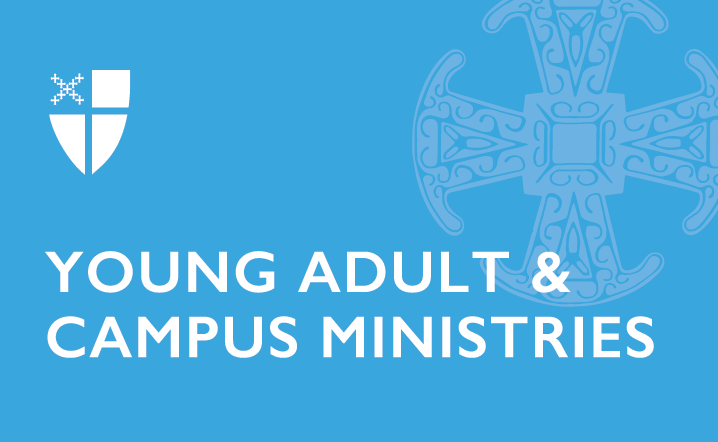UNCSW 2010: The Difference that Christ Makes
by Ruth Lindsay, Diocese of Arizona
I have been involved in secular activism for quite a few years. Passionately political and ardently feminist, I have struggled throughout my young adulthood to live out my values and give back to a world that has given so generously to me. But passionate commitment was never enough to render my involvement personally meaningful or sustainable, and I soon developed a consistent pattern of engagement, disengagement, recommitment and again, exhausted disengagement. But my experience here at the UNCSW as part of a faith-based delegation has been radically different. As a recent convert to Christianity, coming from a thoroughly “secular,” basically agnostic background, I have been trying throughout the week to articulate the profound differences I have experienced between secular and faith-based activism. While my background positions me well to speak to these differences, I still struggle to find the words or a conceptual frame that encapsulates them. I think I struggle largely because many of these differences relate back to something basically indefinable: faith in God and in God’s power to ground and orient our relationships.
I of course cannot speak to the diverse realities of secular groups dedicated to social justice, and it is evident that there is no shortage of passionate and dedicated secular people who are just as committed to social justice as any Christian activist. And activist circles remain one of the very few contexts in the secular world where one can experience community. But without a clearly articulated faith commitment, and without the resources of ritual, I have found secular activism mostly discouraging and all too often negative. Working with the Episcopal delegation and the Ecumenical Women’s Council has been the polar opposite: even though we have had 13-hour days, I feel energized rather than exhausted; although I have learned of hardships I cannot imagine, I feel hopeful rather than discouraged; while I have encountered bureaucracy and barriers, I feel confident rather than despondent.
Today we had the privilege of meeting with the Presiding Bishop as well as her presiding Canon. Leading us in closing prayer, Canon Robertson offered thanks to God for the talents and gifts of the people congregated in the room, but he also thanked God for our weaknesses. I have never thought to invoke my own myriad weaknesses as an element that may help us to work for social justice. Weaknesses had always been targets for self-improvement, which, when I inevitably failed to overcome them, I ran away from shamefully. But our weaknesses are our strengths, because they remind us of our essential and unavoidable dependence on one another. Our Christian tradition, drawing on the example we have in Christ, helps us to recognize our short-comings, accept them, and find our complements within community.
We as Christians call on God to ground our relationships through our ritual expressions of worship and prayer; practices which, from a secular perspective, seem bizarre or to some even primitive. Why does it make such a difference to gather every morning in community, sing songs of praise and reflect on scripture? Why should a meeting proceed differently simply because it is opened and closed with prayer? After all, plenty of secular groups in which I have been involved with work hard to cultivate community and take the time before and after meetings to reflect and encourage. In my past, I thought Christian prayer delusional – instead of talking to each other, Christians were addressing something that, I was sure, was not even really there, or in any case not listening. But directing prayers, hopes and fears toward our God is to give them over to a power immensely more important and meaningful than ourselves, and it leads inevitably to the conclusion that we are not simply praying to space. God is here, God is with us, God works on our hearts and fortifies our souls, and God makes our work meaningful, sustainable, and transformative.
Filed under: UNCSW

